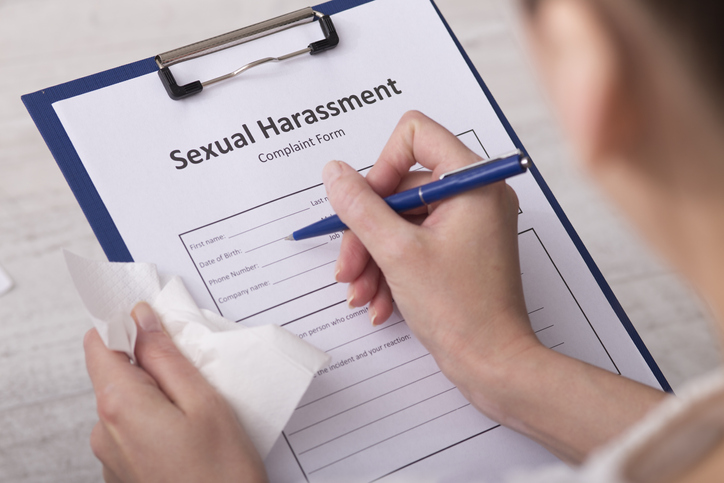Responding to Harassment Claims: A Guide for Employers
Last Updated on September 12, 2025 by MyHRConcierge
Maintaining a productive and compliant workplace is a core tenet for HR professionals. Harassment in the workplace is a deeply serious matter that can have significant consequences for both the individuals involved and the organization as a whole. It is important employers have policies and procedures in place to protect employees from harassment occurring in the workplace. However, when an employee claims harassment, it is crucial that employers are responding to harassment claims promptly, thoughtfully, and legally. Failure to do so can lead to significant penalties for the company.
An example of the liability to a company not properly addressing a harassment claim is a case relating to the sexual harassment of several teenage girls at a bagel shop in Northern California. The young women reported the store manager sexually harassed them for months, even though they complained to management. Two of the women quit because of the manager’s behavior. As a result, the women sought help from the EEOC and a lawsuit was filed on their behalf. While the manager was ultimately terminated because of the harassment, the EEOC claimed the bagel shop had failed to take prompt and appropriate action to end the harassment. In the end, the company agreed to a $150,000 payment to the six women who filed complaints to the EEOC among other penalties. The following will outline the essential steps employers should take to mitigate their risks.
Essential Steps
1. Immediate Response
When an employer receives a claim of harassment, it is imperative to act without delay. An immediate response shows that the employer takes the complaint seriously and is committed to addressing the issue.
Action Steps:
- Acknowledge the complaint promptly.
- Assure the employee that the matter will be taken seriously.
- Avoid any retaliatory actions against the complainant.
2. Implement a Thorough Investigation
Conducting a detailed investigation is crucial to ensure a fair and unbiased assessment of the situation. The investigation must be comprehensive, impartial, and handled with utmost confidentiality.
Action Steps:
- Designate a neutral investigator, either within the organization or an external third party.
- Collect all relevant information, including documents, emails, and witness statements.
- Preserve confidentiality to protect all parties involved.
- Document every step of the investigation meticulously.
3. Provide Support and Protection
The well-being of the complaining employee must be safeguarded throughout the process. Ensuring that they feel supported and protected can mitigate the stress related to making such a claim.
Action Steps:
- Offer assistance, such as counseling or employee assistance programs.
- Implement interim measures if necessary, such as changing work schedules or locations, to ensure the employee’s safety and comfort.
- Regularly communicate with the employee about the status of the investigation.
4. Ensure Compliance with Legal Obligations
Employers must be aware of and adhere to all applicable federal, state, and local laws related to harassment. Failure to comply can lead to legal ramifications.
Action Steps:
- Consult with legal counsel or HR professionals to ensure that all actions align with relevant laws and regulations.
- Maintain proper documentation throughout the investigation process.
5. Take Appropriate Action
Once the investigation is complete, the employer must take suitable action based on the findings. This may include disciplinary measures, training, policy updates, or other responses as deemed necessary.
Action Steps:
- Communicate the findings to all parties involved.
- Implement necessary corrective actions promptly.
- Monitor the workplace to ensure that the actions have been effective in resolving the issue.
Properly Responding to Harassment Claims is Imperative to Minimize Potential Penalties
Responding to harassment claims is a complex and sensitive process that requires a careful and methodical approach. Employers must prioritize the well-being of the complaining employee, ensure a thorough and unbiased investigation, and adhere to all legal obligations.
The outlined steps serve as a guide to help employers navigate this intricate issue, promoting a workplace culture that values respect, dignity, and professionalism. It is always advisable to consult with legal and human resources professionals to tailor these steps to the specific needs and legal requirements of the organization.
e
